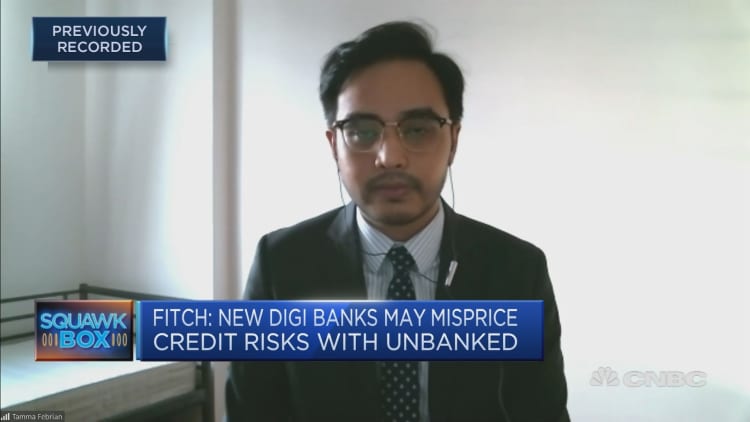The number of unbanked Americans, those without a checking or savings account at a bank or credit union, has been slowly dropping, according to a new report from the Federal Deposit Insurance Corporation.
About 5.4% of U.S. households, or approximately 7.1 million homes, were unbanked last year, the FDIC finds in its latest report, "How America Banks: Household Use of Banking and Financial Services." That's the lowest rate reported since the FDIC started surveying Americans in 2009.
Overall, the FDIC estimates that 124.2 million American households had at least one member with a bank account. The 2019 survey was conducted in conjunction with the U.S. Census Bureau and collected responses from nearly 33,000 households.
About half of the increase in the number of Americans who had a bank account (and the decrease in the number of unbanked households) is due to improvements in the socio-economic circumstances of U.S. households, says Karyen Chu, chief of the banking research section at the FDIC's Center for Financial Research.
Chu point out a number of improvements between 2017 (the last time the survey was fielded) to 2019, including higher annual income, lower monthly income volatility, low unemployment and higher rates of home ownership status and educational attainment that came as a result of a years-long robust economy.
Among those who are unbanked, 56.2% were not interested in obtaining a checking or savings account, while 24.8% were interested, the FDIC reports.
The most common reason survey respondents cited for being unbanked was that they did not have enough money to meet the minimum balance requirements for a bank account since many banks require consumers to keep a minimum monthly balance in order to avoid paying a fee.
Last year, the average minimum balance requirement was $7,123 for checking accounts that provide interest, according to Bankrate. The average minimum balance requirement among non-interest bearing accounts was $622. For those who fail to meet the requirement, the average monthly maintenance fee in 2019 was about $15 a month for interest-bearing accounts and $5.61 for non-interest-bearing accounts, Bankrate found.
While there are more options than ever for consumers who want to operate without a bank, such as using prepaid debit cards, online payment systems like PayPal or fintech companies like Chime and Simple, it may come at a cost. Consumers who have their employer directly deposit their paycheck onto a prepaid debit card, instead of into a checking account, typically pay an average of $197 in fees a year, according to Nerdwallet's research. Those who only use cash can face annual costs of around $199 for check cashing and money order services.
While the number of unbanked Americans hit its lowest recorded rate, the fallout from the coronavirus pandemic could push the number of those without a bank account back up. "Clearly, the pandemic has had an impact," says Leonard Chanin, deputy to the chairman for consumer protection and innovation at the FDIC.
The pandemic is impacting consumers who want or need to visit bank branches in-person in particular, as well as those who do not have an adequate savings cushion, the FDIC found. That, in turn, could cause some consumers to stop using a bank.
About 83% of banked households spoke with a teller or other employee in person at a bank branch at least once during the past year and just over 1 in 4 consumers visited a bank branch 10 or more times in 2019, according to the FDIC's report.
But at this point, the FDIC doesn't know what the exact impact of the pandemic will be in terms of consumers opening new accounts or retaining accounts in the future, Chanin adds. "That's something we plan on studying in in the next survey," he says.
Check out: Job losses hit Gen Z harder during the pandemic than older generations
Don't miss: The 6 best credit cards for shopping at Costco



